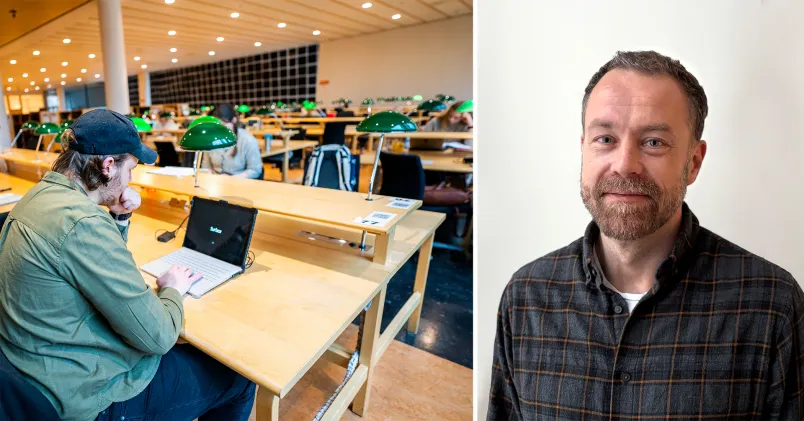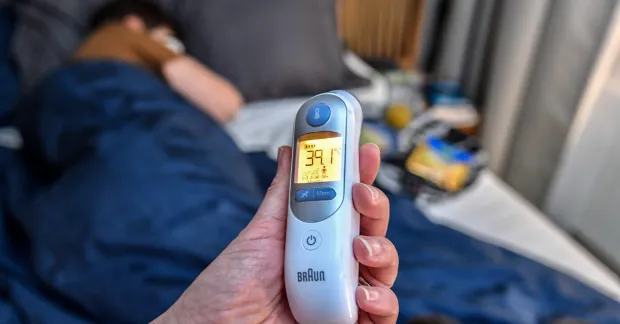När globaliseringen var ett faktum trodde många att jobben inom svensk tillverkningsindustri skulle till låglöneländer men så har det inte blivit, konstaterar Mauro Gozzo, ordförande i Industrins ekonomiska råd.
Läs mer: I Skellefteå blomstrar industrin
– Däremot har industrin blivit allt effektivare och det gör att den sysselsätter färre personer än tidigare, säger Mauro Gozzo.
Varför är tillverkningsindustrin viktig för Sverige?
– Det är den näring som dominerar Sveriges handel med omvärlden. Det är de svenska industriföretagens export, som ger oss de valutainkomster som gör att vi kan ha en så hög levnadsstandard eftersom vi konsumenter är beroende av en mängd importerade varor och tjänster.
Hur har tillverkningsindustrin i Sverige gynnats av globaliseringen?
– För svensk industri är det livsavgörande att ha tillgång till utländska marknader. Minskade hinder och lägre kostnader för handel har gjort att industrin har kunnat fortsätta att expandera internationellt.
Det var många som trodde att lönerna, som tidigare var mycket lägre i Kina och i andra asiatiska länder än i Sverige, skulle få företag att flytta produktionen men så blev det inte.
– Man underskattade den betydelse som personalens kunnande har för företagets framgång och man underskattade också andra kostnader som tillkom för dem som flyttade produktionen. I dag är företagen mer insiktsfulla. Man producerar i Asien därför att man också vill sälja i Asien, säger Mauro Gozzo.
Enligt det ekonomiska rådets rapport, som gavs ut förra hösten, är nya växande industriföretag vanligare i landets små och mellanstora orter än i de befolkningstäta regionerna.
Hur har globaliseringen bidragit till en omställning från några få större industriföretag till fler små och mellanstora företag?
– Storföretagen har i själva verket fortsatt att expandera, men de expanderar huvudsakligen utomlands beroende på att det är där de finner nya kunder. Sverige led länge av brist på företag i mellanregistret men det har förändrats, säger han.
Enligt honom har de små och medelstora företagen ökat sin försäljning utomlands men de har ofta en större del av verksamheten kvar på hemmaplan. Ett av de växande tillverkningsföretagen är Brokk i Skellefteå, som nu är världsledande när det gäller tillverkning av rivningsrobotar men har huvudkontoret kvar i Skellefteå.
Mauro Gozzo menar till och med att tillverkningsindustrin i Skellefteå inte längre är beroende av gruvindustrin, eftersom näringslivet är så varierat.
– Skellefteå har egentligen länge varit en region med betydande entreprenörsanda. Boliden har funnits där länge men man står inte och faller med den. Man har ett väldigt diversifierat näringsliv och är i dag ett exempel på en svensk motsvarighet till vad tyskarna kallar Mittelstand. Bygghisstillverkaren Alimak växte fram redan på 1950-talet. Det finns sågverk, snickeriindustrier som Snidex och Drömtrappor och tillväxtföretag som Optronic och Brokk.
– Skellefteå känns som en region som har alla möjligheter att växa om man sköter sina kort väl, säger Mauro Gozzo.
Industrins ekonomiska råd
Är en del av Industrirådet, som består av företrädare för industrins parter och har som syfte att bevaka att industriavtalet hålls. Rådet gav förra hösten ut rapporten Industri under omvandlingstryck.









